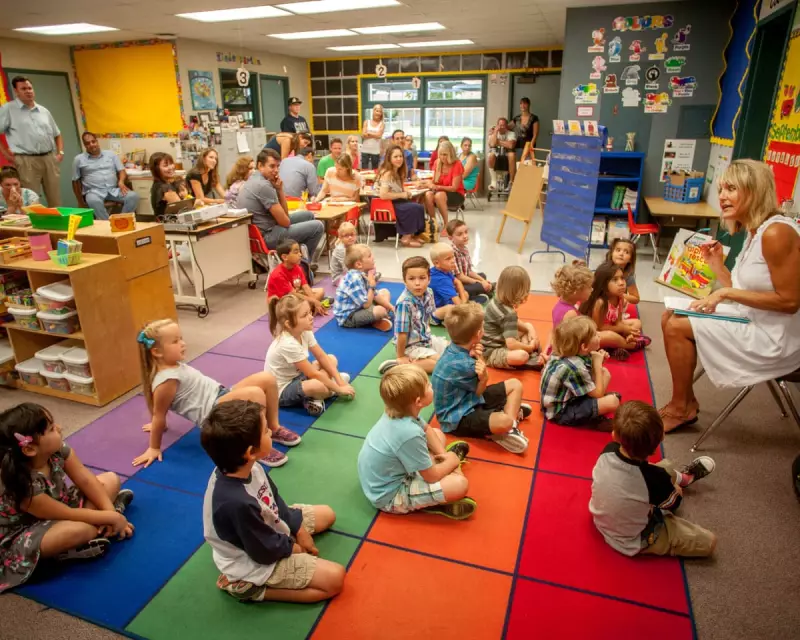
The integration of Artificial Intelligence into British classrooms is no longer a futuristic concept—it's a present-day reality sparking fervent debate amongst educators and families. As tools like ChatGPT become increasingly accessible, The Guardian is calling on UK parents and teachers to share their firsthand experiences with this technological shift.
The Double-Edged Sword of AI Assistance
Proponents hail AI as a powerful ally in education. It offers the potential for personalised learning journeys, where software can adapt to a student's unique pace and style. For educators buried in administrative tasks, AI promises a reprieve, capable of assisting with lesson planning, generating creative prompts, and even providing initial feedback on student work, freeing up valuable time for direct instruction.
Navigating the Minefield: Cheating and Critical Thinking
However, this new frontier is fraught with challenges. The most pressing concern for many is the erosion of academic integrity. The ease with which students can generate essays and solve complex problems with AI raises alarming questions about plagiarism and the fundamental development of critical thinking and problem-solving skills. Are we nurturing independent minds or creating a generation reliant on algorithmic crutches?
The Guardian's Call to Action
To cut through the hype and fear, The Guardian is gathering testimony from those on the front lines. They want to hear from you: the teacher who has seen a student flourish with AI-powered support, and the teacher who has discovered a portfolio of AI-generated work. The parent thrilled by their child's engaging new learning tool, and the parent concerned about data privacy and screen time.
This national conversation aims to build a comprehensive picture of how AI is truly reshaping British education. Your stories will help inform policymakers, school leaders, and the public about the practical, ethical, and societal implications of embracing AI in our schools.
The future of education is being written now. It's crucial that the voices of those living it daily are heard.





